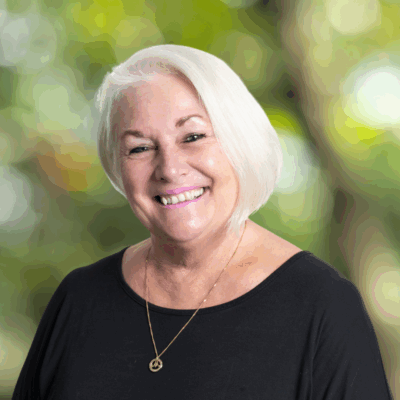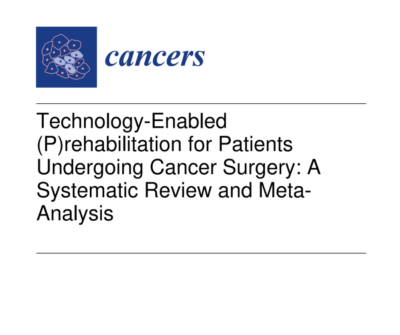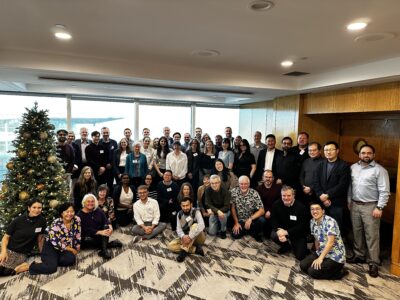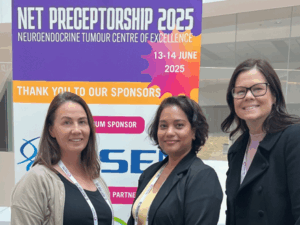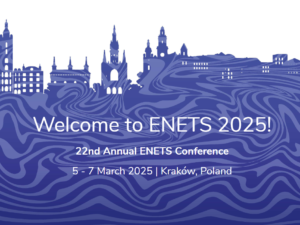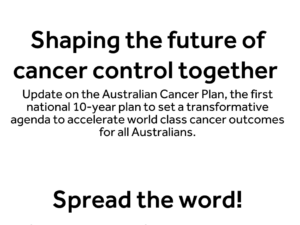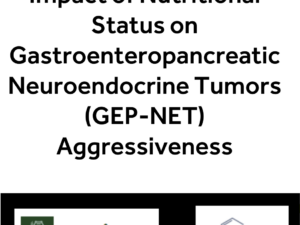The Unicorn Foundation is committed to local medical and scientific research into NETs; paraganglioma/pheochromocytoma; MEN 1 and 2; Von Hippel Lindau and other NET related diseases.
Fortunately, we have wonderful researchers in Australia who are committed to improving all aspects of care of our patients – from the cellular level to the delivery of therapies at the bedside.
The Unicorn Foundation is committed to improving the prominence of ‘new clinical or research developments’ by disseminating the results on our website, Facebook and eNews regarding relevant NET publications, events and clinical trials or studies. The Unicorn Foundation would like to make this section as inclusive an comprehensive and we welcome feedback/input regarding content for this new section.
Australia-wide
• During 2015 a community of Australian, New Zealand, Canadian NET Specialists and with representation from the Unicorn Foundation Australia and New Zealand formed ‘CommNETs’. The creation of CommNETs was to bring people from across the ocean together to try and collaborate, co-operate and support each other’s work. This group held their first meeting in November 2015 over two days, during which strategies and agendas were developed to help guide research and studies that would most benefit NET patients. CommNETs members will meet again at during 2016.
• As a result of the global NET patient survey, a paper has been submitted for publication – Patient-Reported Burden of a Neuroendocrine Tumor Diagnosis: Results from the First Global NET Patient Survey.
• The Unicorn Foundation was proud to be involved in the publication of three posters and an oral presentation based on the Oceania data from the global survey (Dr John Leyden) at the Annual Clinical Oncololgy Society Australia (COSA ASM) Meeting in Hobart in November 2015. These have been published in the Asia-Pacific Journal of Clinical Oncology 2015; Volume 11, suppl 4.
• The NABNEC pilot study is underway and is recruiting thanks to funding from the Rob MacGregor Research Fund and the Unicorn Foundation. This exciting phase II clinical trial has as its aim, to establish if carboplatin and nab-paclitaxel combination is an effective and tolerable chemotherapy treatment for grade 3 advanced gastrointestinal Neuroendocrine carcinomas (NEC), it will also be examining translational molecular and functional imaging outcomes in this group of patients which will help inform future research in this aggressive cancer. Excitingly, in the 2015 NHMRC research grants, the NABNEC study, under the leadership of the PI – Dr Mustafa Khasraw, (previously a recipient of the Unicorn Foundation/MOGA award) was successful in receiving funding. This is a fantastic outcome and will allow for more sites around Australia to recruit and treat our neuroendocrine carcinoma patients.
• The CONTROL NETs pilot study funded by the Unicorn Foundation and managed through AGITG is underway. Unfortunately, this study was unsuccessful in the 2015 NHMRC research grants funding. Not to be deterred, and with the support of NET Specialists internationally, A/Prof Nick Pavlakis as the Principal Investigator will critically examine the submission with the help of the CONTROL NETs research team and apply for the NHMRC funding again. This is seen as an important study and we hope that in 2016 we will be successful in funding this trial with the help of the NHMRC.
• In Australia we have some internationally prominent experts in Paraganglioma and Phaeochromocytoma. In 2015 a NHMRC project grant entitled "HEREDITARY ENDOCRINE CANCER: A MODEL BASED ON PHAEOCHROMOCYTOMA- PARAGANGLIOMA SYNDROMES" was awarded to the group comprising of Roderick Clifton-Bligh (Kolling), Richard Tothill (Peter Mac), Emma Duncan (Queensland), Anthony Gill (Kolling), Trish Dwight (Kolling), Dindy Benn (Kolling), Kathy Tucker (Prince of Wales), Alison Trainer (Peter Mac) to study mechanisms by which tumours develop in patients carrying phaeo-para predisposition genes, and mechanisms by which those tumours progress. This is an exciting and worthwhile project which will benefit all our para and phaeo patients.
• Also another exciting development for Australian paraganglioma and phaeochromocytoma patients is establishment of The Australian and New Zealand Phaeo-Para study group. This group will:
– provide a forum for collaboration between ANZ-based clinicians and scientists in Phaeo-Para research
– plan and co-ordinate new studies in Phaeo-Para research
– work with patient support groups (in particular The Unicorn Foundation) to achieve equity of access to standard care pathways and follow-up, and to facilitate patient involvement in and recruitment to clinical studies
– facilitate international collaborations
– provide ANZ-based guidelines for management of phaeochromocytoma and paragangliomas, encompassing clinical and surgical management, follow-up, genetic testing for hereditary syndromes and family counselling.
• The NET multidisciplinary team at the Royal Brisbane Hospital has been busy over the last 12 months. Under the leadership of Dr David Wyld they have successfully submitted 5 abstracts to the European Neuroendocrine Tumour Society (ENETs) meeting in March and in particular, a qualitative study titled – “Cancer on the margins: A qualitative study of neuroendocrine patients' experiences of living with rare tumours”.
• Sydney Vital Translational Cancer Research Centre (www.sydneyvital.org.au) has a strong focus on collaboration between academic and clinical leaders in cancer care. Fortunately one of its integrated flagship programs is NETwork: multidisciplinary management of Neuroendocrine Tumours led by Prof Dale Bailey. The goal of this flagship is integration of basic, translational and clinical scientific research into NETs with the development of new treatment and management paradigms. Another particular focus of the flagship is the development of pathways for engaging and involving researchers and clinicians, new mechanisms for facilitating knowledge-exchange and collaboration, and new initiatives to increase engagement with GPs and patients. To this end, Sydney Vital with support of Novartis is holding its Neuroendocrine Tumour Preceptorship Day at the Mater Hospital Sydney on 19th March 2016.
• The Royal North Shore Department of Gastrointestinal Surgery group (de Reuvers, Mehta, Gill et al) have recently published the paper titled – Somatostatin Receptor SSTR-2a Expression Is a Stronger Predictor for Survival Than Ki-67 in Pancreatic Neuroendocrine Tumors as well as Immunoregulatory Forkhead Box Protein p3-Positive Lymphocytes Are Associated with Overall Survival in Patients with Pancreatic Neuroendocrine Tumors
https://neuroendocrine.org.au/wp-content/uploads/2020/03/Somatostatin_Receptor_SSTR_2a_Expression_Is_a.2-2.pdf
This list is by no means a comprehensive summary of recent Australian research, publications, events or studies, however we encourage all NET specialists to assist us in developing this section of our website and eNEWs with information so that we can facilitate and disseminate NET knowledge.
International Update
Our friends at The Neuroendocrine Tumor (NET) Research Foundation announced on World Cancer Day, that it received a major gift from the Margie and Robert E. Petersen Foundation to launch the most ambitious research effort ever undertaken to control and cure neuroendocrine cancers. Automobile publishing giant Robert E. Petersen passed away from this form of cancer, which is diagnosed in an estimated 12,000 Americans each year. The $15 million gift will provide $5 million a year for three years in funds and endowment to support research and investigators dedicated to a cure.

